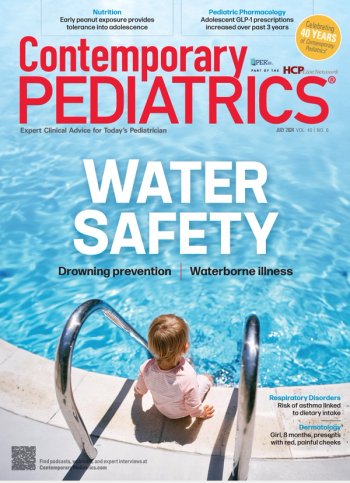
- November/December 2024
- Volume 40
- Issue 10
Navigating the holiday health paradox
Mike Hennessy Jr. shares his thoughts on the holiday health paradox.
In case you blinked and missed it, 2024 is winding down, and the holiday season looms. For many, the annual procession into revelry, reflection, and reunions is comforting. It is also a time when self-care can be disrupted.
The concepts of holiday-related anxiety and depression are not foreign to anyone, but their reach and effect are staggering all the same.
Approximately 9 in 10 adults described event-specific anxiety during the holiday season to the American Psychological Association.1
Another 4 in 10 stated that their stress increases during the holidays. Paradoxically, only 7% of surveyed adults felt their stress decreases during this time.1
The mental health burden of this period can lead to a worsening of chronic conditions, an increased risk of suicidal behavior, and setbacks in care of other mental illnesses.
The holidays are also infamously a stressor on individuals’ diets; research shows sedentary behavior and overeating are holiday traditions. One study suggests individuals may consume up to 6000 calories on Christmas Day—a 3-fold increase in the recommended daily allotment.2
Individuals are putting themselves at greater risk of gastric and cardiometabolic disease and even major adverse cardiovascular events.
Despite our earnest efforts to make the most of our holiday celebrations, it is clear we may still be compromising our health. How do we break a tradition of setbacks born from more unhealthy traditions?
For caregivers, the solution may be as simple as an honest conversation with their patients. What are their holiday traditions? What are their stressors and their drivers of anxiety? What are their resolutions for the New Year, and how can you help them achieve their health-related goals?
It does not hamper the inherent joy of our holidays to concede that they can take their toll. It only equips patients to consider healthier decisions and to prioritize the means of self-care during a time when everyone should be feeling their best.
Mike Hennessy Jr
President and CEO
MJH Life Sciences
References:
1. Even a joyous holiday season can cause stress for most Americans. News release. American Psychological Association. November 30, 2023. Accessed October 24, 2024. https://www.apa.org/news/press/releases/2023/11/ holiday-season-stress
2. Simple tips to curb overeating can help prevent weight gain at Christmas. News release. Loughborough University. December 11, 2018. Accessed October 24, 2024. https://www.lboro.ac.u.
Articles in this issue
about 1 year ago
Screen use and ways to protect pediatric eyesightabout 1 year ago
Contemporary Pediatrics’ top 3 FDA approvals of 2024about 1 year ago
Healthy children in body and mindabout 1 year ago
Healthy eyes in a digital worldNewsletter
Access practical, evidence-based guidance to support better care for our youngest patients. Join our email list for the latest clinical updates.








